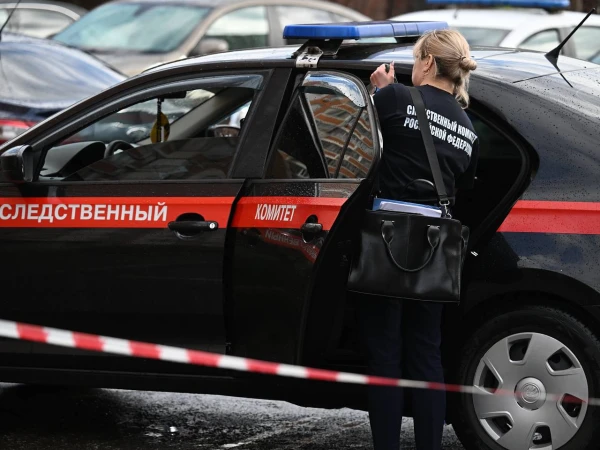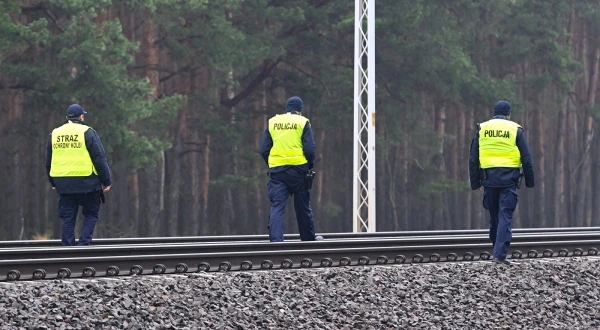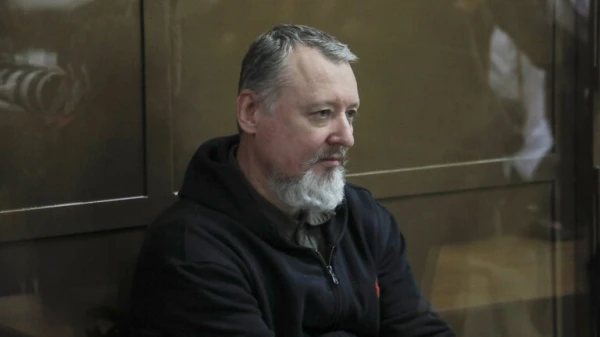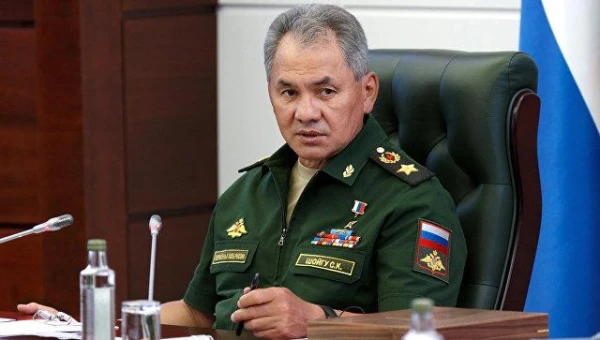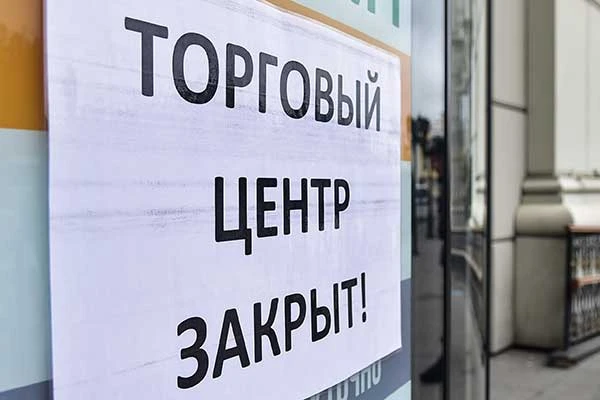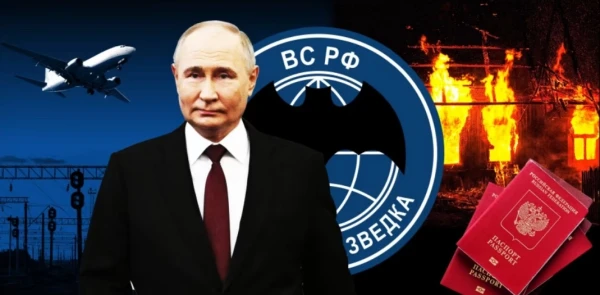
These special operations are primarily aimed at publicly compromising individuals.
A number of cases where Russian FSB agents are exposed in Europe and beyond show that each of them has a whole story behind it — both in terms of preparation and infiltration. Is there currently a threat to Russians in Europe, and does it come from those who agree to cooperate with the FSB or GRU? Former Russian, political scientist Alexander Morozov, explains in an interview with Radio Polska.
Alexander Morozov: There are three sides to this issue. The first is that Russian intelligence services and the Belarusian KGB will never stop gathering information about political opposition, public figures, and independent journalists outside the country. This concerns both the FSB and military intelligence in Russia. In many cases, information gathering goes hand in hand with other tasks assigned to agents. The second side is that if we compare Russian and Belarusian emigration, we can see that the Belarusian KGB conducts more active operations against the Belarusian diaspora than the FSB does against Russian emigrants.
We know of cases of people going missing — they are lured back. As for Russians, European intelligence services, upon receiving information about planned actions against opposition leaders, usually warn them and take preventive measures to prevent assassinations or provocations. European security services, judging by known episodes, generally keep the situation under control.
That is why recently we see publications emphasizing that Russian intelligence services are increasingly using citizens with other passports, not just Russian ones. These can be any documents, including passports from EU countries. People are paid money and assigned various tasks — from surveillance to carrying out actions against opposition representatives or other targets set in Moscow. A characteristic example is the story of Mr. Rubtsov, who was exchanged and returned to Russia. A Polish investigation showed that he was carrying out several tasks at once: gathering sensitive information about the border, passing on data about the Russian opposition, and likely participating in other operations.
- How wide do you think this network is? Because, as I understand it, the FSB and KGB recruit not only Russians — there are also Ukrainians and Belarusians.
Alexander Morozov: I am not a security specialist, so I can only speak as an observer. We live in an era where cyber espionage and the availability of information are completely different from before. Therefore, the role of human agents has noticeably decreased compared to the past — digital intelligence offers more opportunities.
But intelligence services still continue to recruit individuals, especially in the opposition environment — not so much for classical espionage as for provocations. Most often, such people are used for discrediting and compromising other opposition figures, spreading fakes, or creating conflicts within the emigrant community.
- So, essentially, the goal is to pit the opposition against each other and implant Russian narratives in Europe?
Alexander Morozov: Yes, that is absolutely correct. These special operations are primarily aimed at publicly compromising individuals, gathering discrediting information that can be used at the right moment. This is no longer espionage in the classical sense, but political tools of the intelligence services to fight against the opposition.
- Have you personally ever been approached with such proposals?
Alexander Morozov: No, never. I think I am not alone — no one has approached the majority either. It is not worth exaggerating the scale of the threat and believing that Russian intelligence services are omnipotent and act totally. This is not the case, at least in my experience.
- Many analysts are now writing that Russia is intensifying its hybrid attacks in Europe. Is it possible to prepare for this?
Alexander Morozov: Yes, the war that the Kremlin is waging against Ukraine is essentially a war against Europe. This is now understood in Europe — already in the fourth year of the war. The Kremlin will expand its hybrid war, especially against the backdrop of failures on the front. In my opinion, European governments are preparing for three main directions of this war.
The first is cyber warfare. Already now, intrusions into networks are taking place not only to obtain data but also for diversions: attempts to cause blackouts or paralyze banking systems.
The second direction is the information or narrative war. It is ongoing constantly, but the Kremlin will surely try to raise its intensity, more actively influencing public opinion.
And the third is testing security systems: military and border. These can be provocations in the Baltic Sea, attempts to cross borders, "accidental" incidents, or strikes on the territory of one of the EU countries. All of this is part of strategic pressure.
<iframe width="560" height="315" src="https://www.youtube.com/embed/EU01MURmMzE?si=Sbc6lL7oNTDBF7Id" title="YouTube video player" frameborder="0" allow="accelerometer; autoplay; clipboard-write; encrypted-media; gyroscope; picture-in-picture; web-share" referrerpolicy="strict-origin-when-cross-origin" allowfullscreen></iframe>
